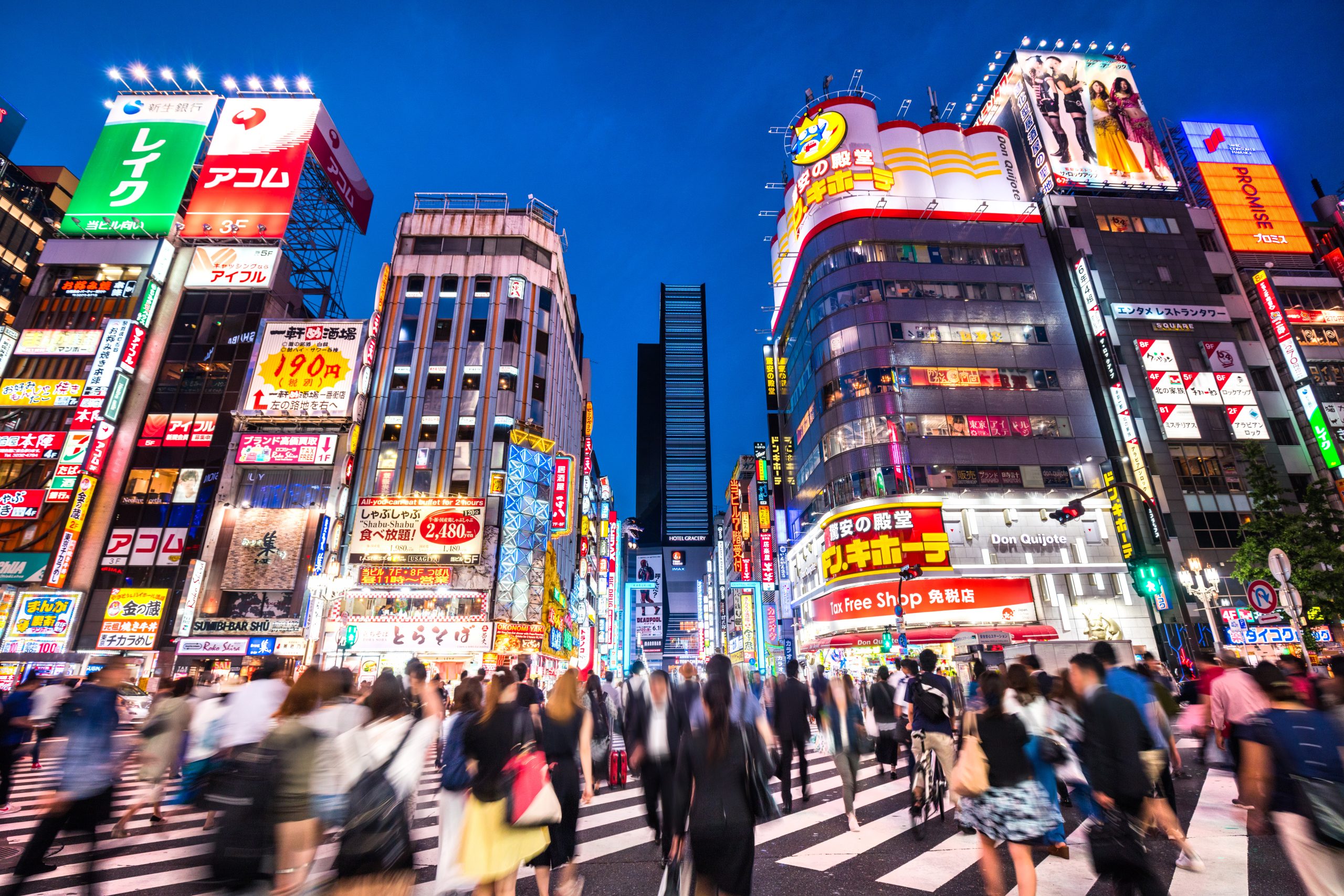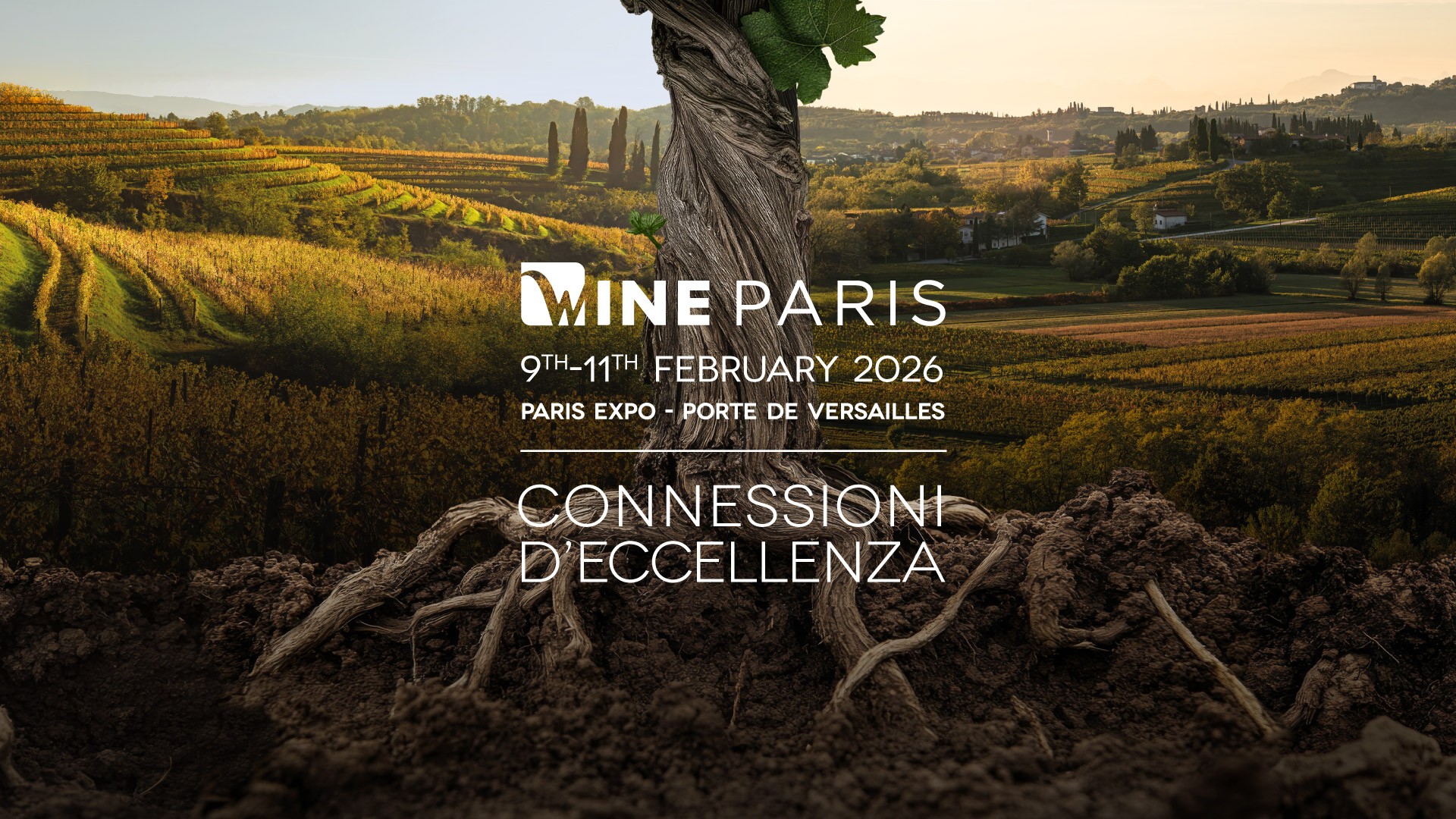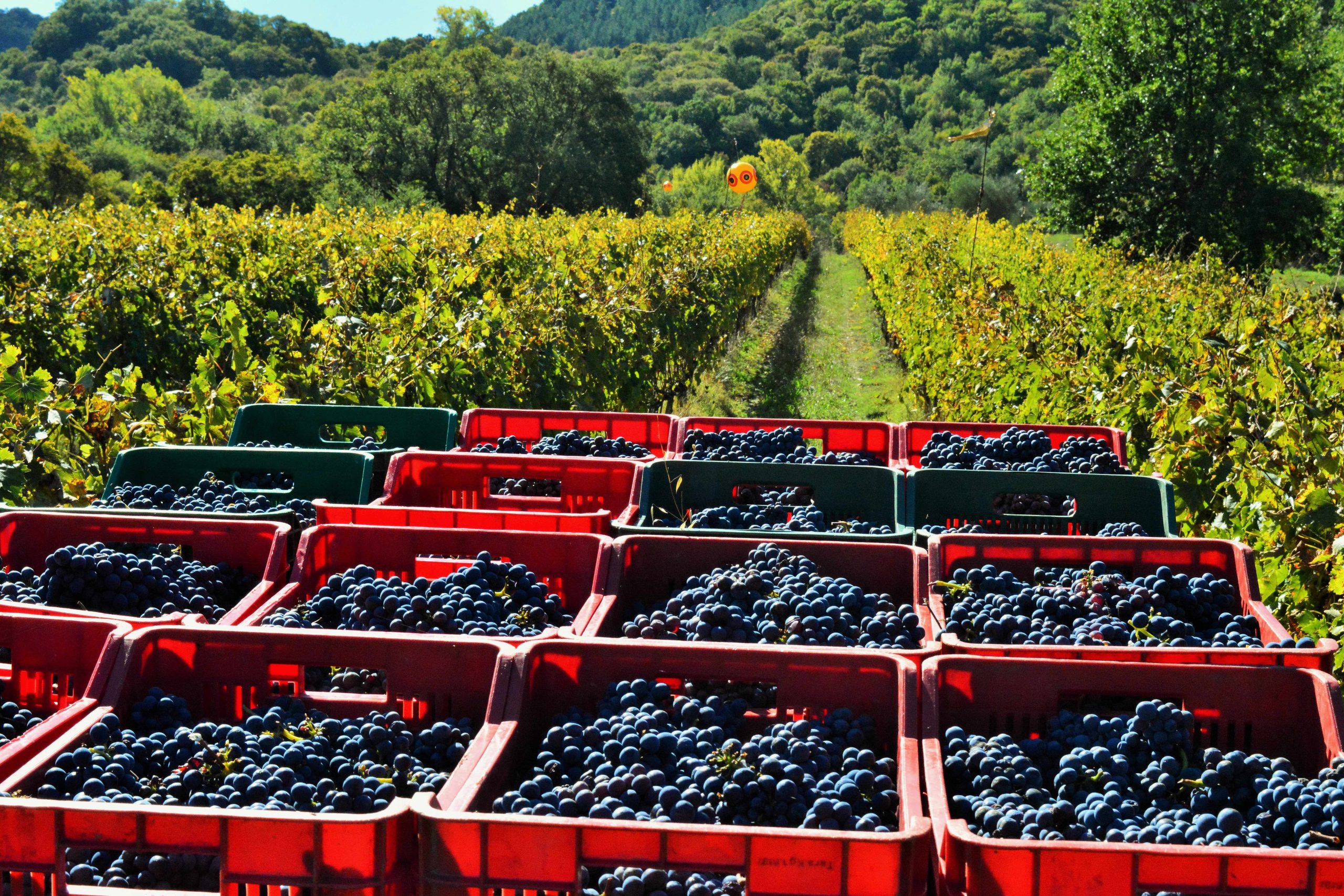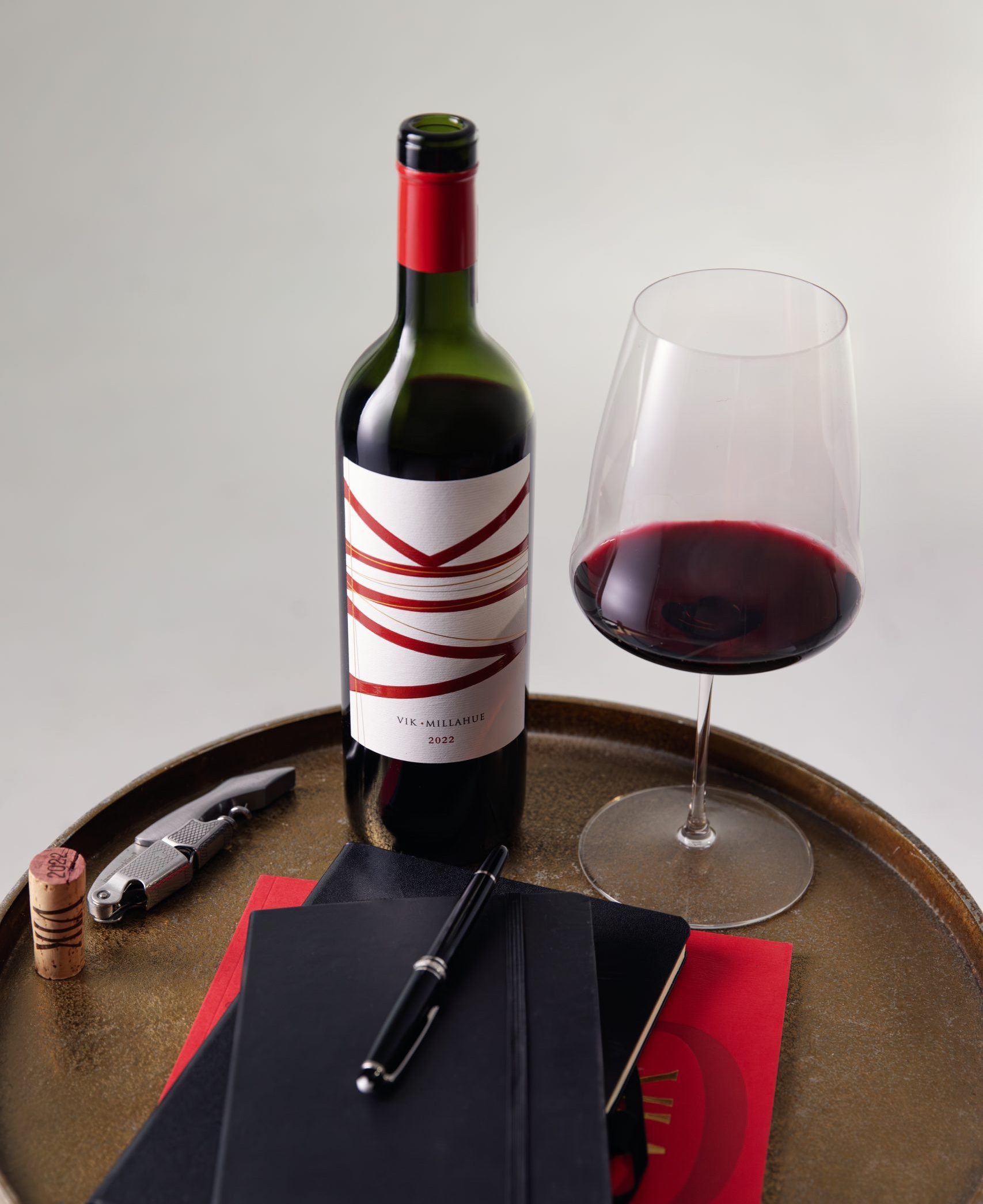St Emilion to enforce organic practices
The Bordeaux appellation of St Emilion is reportedly planning to make organic and sustainable viticulture a requirement of its regulations by the early 2020s.
Speaking to the drinks business in London recently, representatives of the regional trade body, the Bordeaux Wine Council, mentioned the fact while discussing the various green and environmentally friendly initiatives being put into place across the region.
As well as St Emilion, it was also revealed that the AOC Bordeaux Superieur is looking into new requirements involving reduced use of pesticides and herbicides among other measures in order to make viticulture more environmentally friendly.
The president of the Bordeaux Wine Council, Allan Sichel, explained that there were a raft of programmes currently happening or being considered in the region ranging from looking into new disease-resistant varieties to bat conservation and removal of copper from the soil using cover crops.
He said that 60% of the viticulture in Bordeaux today is sustainable, organic or biodynamic and the use of harmful chemicals has fallen sharply in the last decade, falling from 30% of all substances sprayed on vines in the region to less than 10%. The aim is for Bordeaux to be 100% sustainable/organic/biodynamic (or at least in conversion) by 2025.
Changes were being implemented at an array of estates both big and small. Sichel said that when the Environment Management System programme was launched by the Bordeaux Wine Council in 2010 it had 25 estates signed up, today that number is 800.
Furthermore, of the 1,200 companies (not just viticultural) in France that have been certified as ‘Haut Valeur III’ – the highest level of recognised sustainable practices – 400 are in the Gironde.
Partner Content
The EMS has proved to be so successful because it gives growers access to a system that helps them either begin being sustainable or continue to be by putting them in touch with other growers to share best practice and even equipment.
As Sichel said, “We can’t make things compulsory but we can make it easier.”
But he also said it was important to be “pragmatic” and organics was not the solution for everyone, particularly in Bordeaux where the maritime climate makes outbreaks of rot and mildew and real possibility (as happened last year in fact).
Nonetheless, there is change and as much as 50% of the vineyard land in Bordeaux could in theory be certified organic now, even if only 8% of the surface area is actually certified.
“It shows a total change in the state of mind,” he said, noting producers today are more, “careful and prudent with the products they’re using”.




